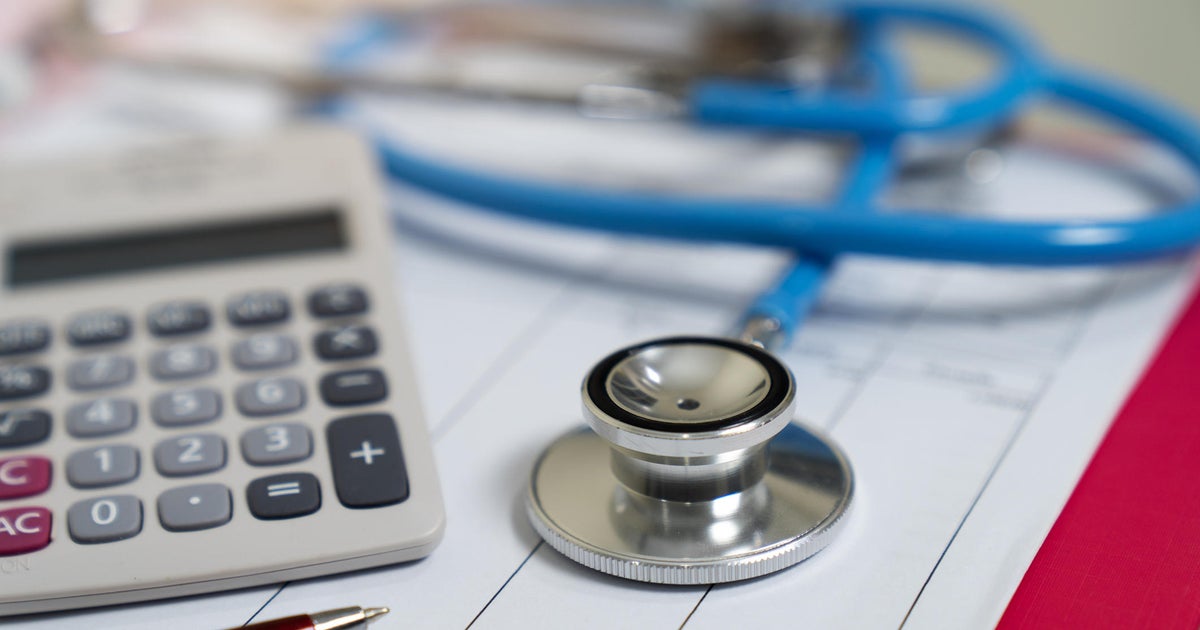Can bathing in bleach treat COVID-19 symptoms? Doctors say absolutely not
Several members of the Cuomo family have been in the news recently, and every story has to do with the coronavirus. Weeks after CNN anchor Chris Cuomo, brother of New York Governor Andrew Cuomo, tested positive for COVID-19, he announced that his wife, Cristina Greeven Cuomo, tested positive as well.
Cristina Greeven Cuomo runs a health and wellness site called "The Purist," where she blogged about her unusual regimen while battling the virus, including bathing in a bleach solution. She said she decided to give it a try as a "more affordable" alternative to an IV vitamin drip to purportedly "neutralize heavy metals" in the body.
"While IVs are subject to cost and are not cheap (a vitamin drip ranges around $300 whereas a hospital will charge thousands of dollars for them and for medication that has no proven studies behind them), I wanted to try a more affordable way I heard about to neutralize heavy metals: take a bath," Cuomo writes.
She writes that Dr. Linda Lancaster suggested a bath with "a nominal amount of bleach," and explained that the idea is to "combat the radiation and metals in my system and oxygenate it."
Cuomo says since she had no sense of smell or open cuts, she decided to try it. "So, I add a small amount—1/4 to 1/2 cup ONLY—of Clorox to a full bath of warm water (80 gallons)," she writes.
However, many doctors advise against trying this and warn in stark terms that it could be dangerous. In an email to CBS News, microbiologist Dr. Dean Hart said bathing in bleach is a bad idea.
"While us in science do not like to speak in absolutism, I have never heard, ever, of a bleach bath being recommended for the treatment of any disease," Hart said. "Don't do that. It is not a good idea, in fact, it's a bad idea. It could hurt you. The air becomes toxic around a bleach or chlorine bath. This has the potential to be very harmful, whether you are observing through your skin or breathing."
Hart said while bleach is useful in the clothes-washer and chlorine disinfects swimming pools, it's not meant for the body.
"Dense bleach could kill you. I have never heard of this before and would not recommend it," he said.
For people wondering how to treat coronavirus symptoms, Dr. Hart says simply: "Stay home. Sleep. Drink lots of fluids. Take Tylenol." Call a doctor if more severe symptoms develop.
Dr. Sachin Nagrani, M.D., the medical director at telehealth company Heal, said there's one situation where a diluted bleach bath might be useful: "There is some evidence that chronic eczema may benefit from bathing with a small quantity of bleach diluted in water (around ¼ cup bleach in 40 gallons)," Nagrani told CBS News via email.
However, Nagrani added, "bathing with bleach is not shown to benefit any other condition, and ingesting or injecting bleach is dangerous."
The CDC does recommend diluted household bleach solutions to clean and disinfect some surfaces, and the EPA has compiled a list of disinfectants for use against COVID-19 — as household cleaners, not treatments.
"When using an EPA-registered disinfectant, follow the label directions for safe, effective use," the EPA states. "Never apply the product to yourself or others. Do not ingest disinfectant products. This includes never applying [disinfectants] directly to food."
On Thursday, President Trump sparked backlash from the medical community when he floated the idea of using disinfectants to treat coronavirus.
The president said he'd seen a demonstration of "the disinfectant where it knocks it [coronavirus] out in a minute," and continued: "And is there a way you can do something like that by injection inside or almost a cleaning? As you see, it gets in the lungs and it does a tremendous number on the lungs — so it'll be interesting to check that. ... It sounds interesting to me."
Asked about it again on Friday, the president claimed he was being sarcastic.
The maker of Lysol put out a statement saying "under no circumstance should our disinfectant products be administered into the human body (through injection, ingestion or any other route)."
And U.S. Surgeon General Jerome M. Adams also warned against self-medicating: "A reminder to all Americans- PLEASE always talk to your health provider first before administering any treatment/ medication to yourself or a loved one. Your safety is paramount, and doctors and nurses are have years of training to recommend what's safe and effective," Adams tweeted



